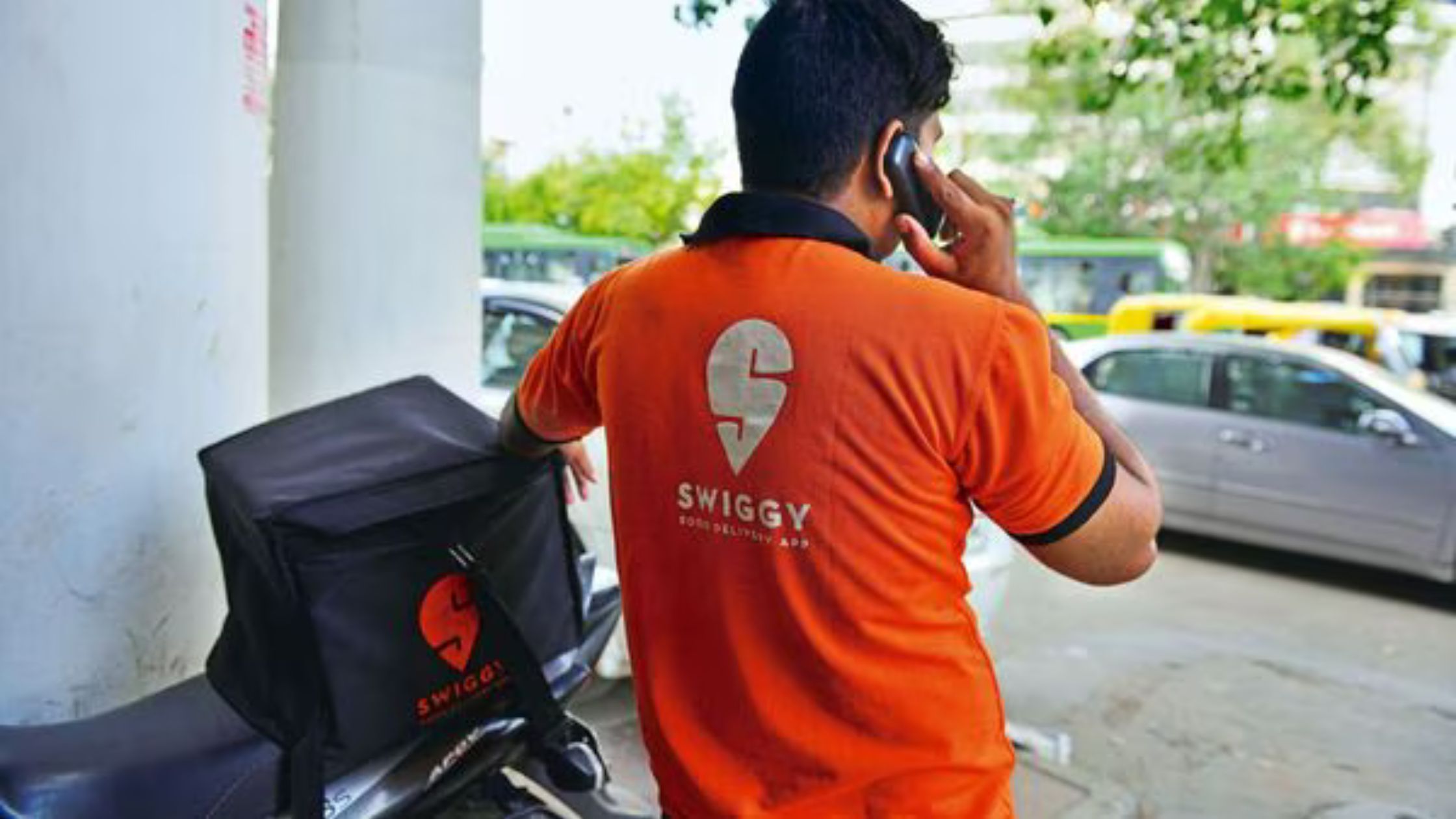AsiaTechDaily – Asia's Leading Tech and Startup Media Platform

IPO-bound OYO expands its authorized share capital to Rs 901 crore ($122M)
India-based hotel chain OYO has raised its authorized share capital to Rs 901 crore ($122M) from Rs 1.17 crore ($160,000) ahead of its initial public offering.
Oravel Stays Pvt. Ltd. that runs OYO Hotel and Homes has given its consent to the resolution to expand OYO’s authorized share capital as per the ROC (Registrar Of Companies) filing.
Authorized capital is the maximum capital amount that a company is permitted to issue at any given point in time.
The decision to expand the authorized capital has come ahead of the proposed initial public offering (IPO) by OYO.
In August this year, OYO has raised fresh funding from Microsoft at a post-money valuation of $9.6 billion. The tech giant had nearly invested $5million in Oyo through equity share issuance and CCCPS on a private placement basis by OYO.
The budget hospitality and hotel chain also seek to allot about 97 Series F2 CCCPS (cumulative compulsory convertible preference shares) to Salesforce Ventures, as declared by the company in a separate filing.
OYO IPO details
OYO’s aspirations for an IPO comes at a time when many startups are eyeing the public markets. It is expected that the second half of this FY will see several unicorns listing themselves on Indian Exchange.
According to the company sources, in the next couple of months, OYO is likely to file its draft red herring prospectus with SEBI. The company aims to raise $1.2 -1.5 billion with this public listing and aims to be a public company before this calendar year ends.
OYO is in talks with multiple bankers including JP Morgan, Kotak Mahindra Bank, and Citibank to manage its IPO.
The road to recovery post-lockdown
OYO is looking at a revival in its business post-lockdown in Indian and European markets. With increasing vaccination rates and declining COVID numbers, the company is hopeful to revive its business in these markets.
Presently, 43% of the OYO’s revenue comes from South East Asia and India while Europe contributes 28% and the rest is from other global markets. The hotel chain was forced to cut down its operations in China and the US amid the coronavirus outbreak. In India, the startup had to cut down its workforce significantly due to low business during the pandemic.





